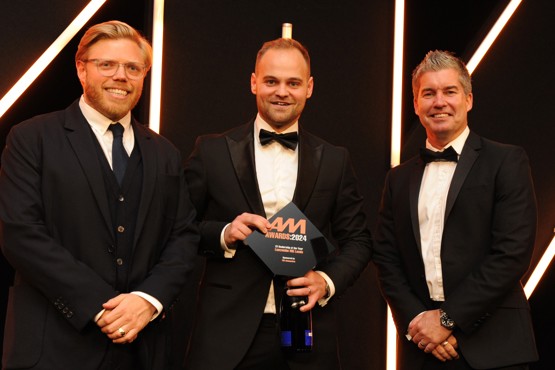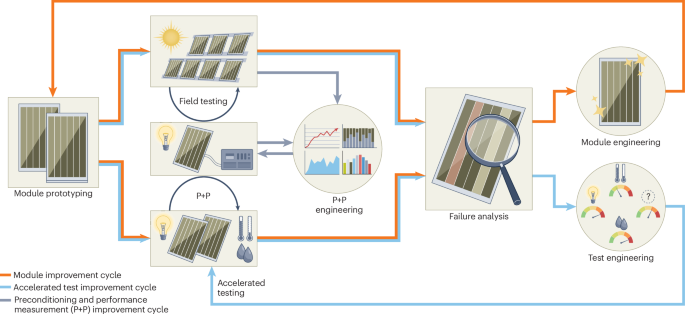A Broad‐Spectrum Antiviral Phase‐Transformable Liposome with Membrane Fusion‐Mediated Virucidal Capability
Advanced Healthcare Materials, EarlyView.

A pH-responsive phase-transformable sulfonated liposome (SC_Lip) is developed for all-stage viral infection management by membrane fusion-mediated viral inactivation. It exhibits broad-spectrum virucidal ability in both intracellular acidic lysosomes and acidic inflammatory microenvironment. The in vivo antiviral effect of SC_Lip is further verified at all-stage viral infections by a rat HSV-1 anterior uveitis model.
Abstract
Viral infection is a significant threat to global public health. Available antiviral drugs are effective only for specific viruses. It is imperative to develop broad-spectrum antiviral drugs. The heparin sulfate proteoglycan (HSPG) biomimetic strategy holds great promise to design broad-spectrum antiviral materials. However, the reversible binding of HSPG-mimicking nanoparticles with virions presents a potential risk of reinfection. Herein, a sulfonated liposome (SC_Lip) that can trigger phase transition below pH 6.5 is screened to combat viral infection at all stages. SC_Lip can realize pH-induced phase transition, which triggers membrane fusion with viral envelope and subsequent viral inactivation. Therefore, SC_Lip exhibits virucidal activity via membrane fusion with viral envelope in both acidic viral infection microenvironment and intracellular acidic lysosomes. The broad-spectrum virucidal activity of SC_Lip is confirmed by different types of viruses, including coronavirus (SARS-CoV-2), retrovirus (LV), and herpesvirus (HSV-1). The in vivo antiviral effect of SC_Lip is further verified by a rat HSV-1 anterior uveitis model. Overall, SC_Lip with broad-spectrum virucidal ability holds great promise to fight against emerging viral pandemics in the future.















































































































































